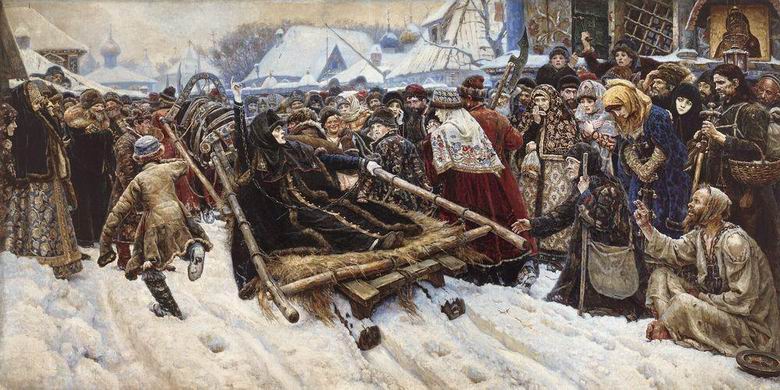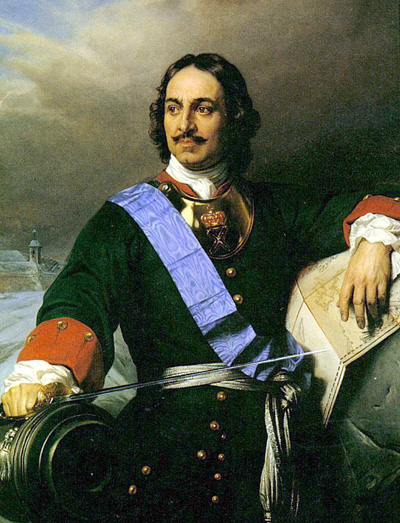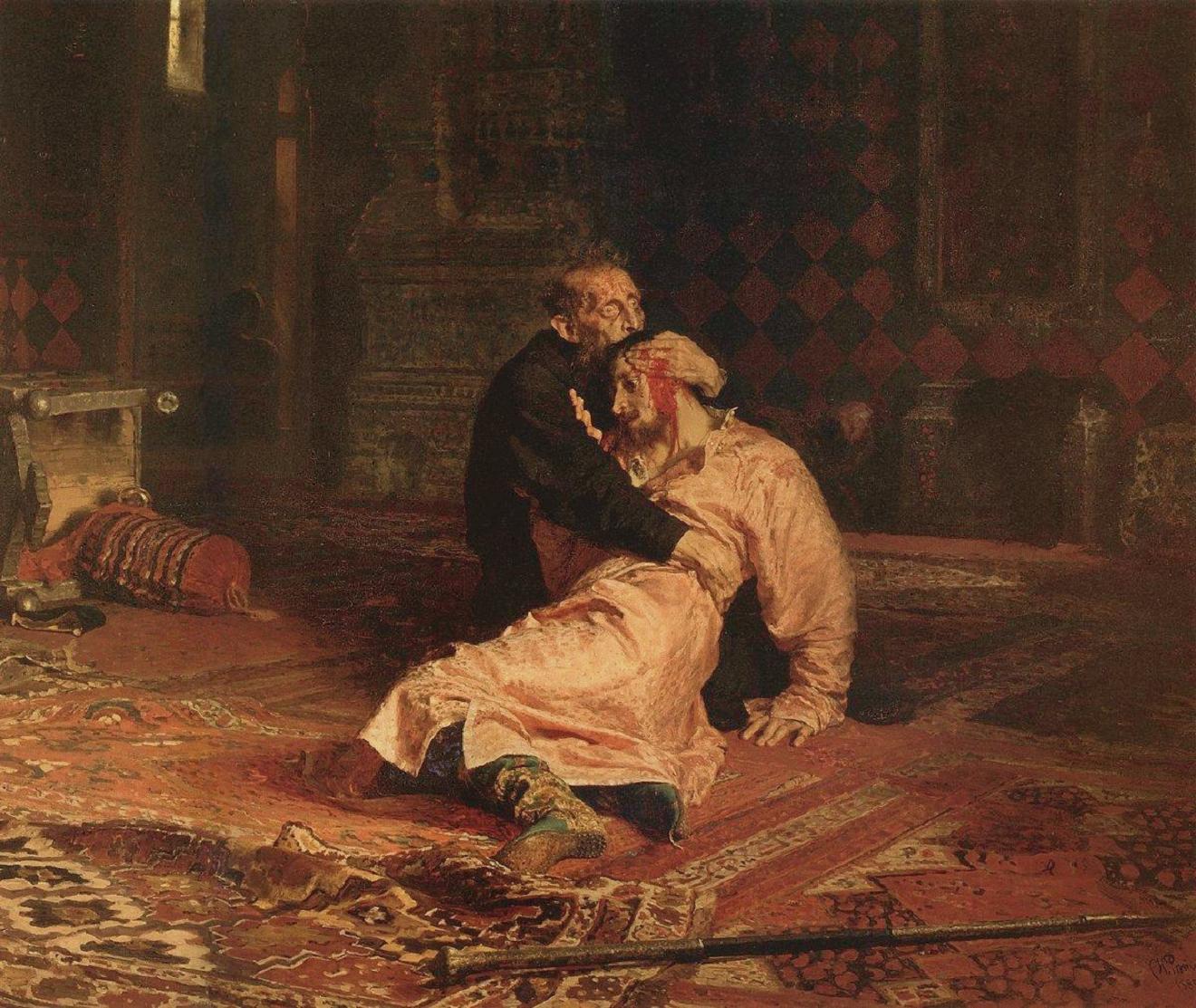The Expansion Period – 16 to 18 Century
Unstable situation in Muscovy was used by Sweden and Poland to declare war on Russia. Muscovy lost control over western territories and even Moscow itself was captured be Poles in 1610.
However Russia managed to survive. Russian army drove Poles out.
Zemskiy Sobor was gathered (every area of Russia sent representative in Moscow to vote for new tsar) and proclaimed noble Mikhail Romanov to be a new tsar in 1613.
The dynasty of Romanovs began their 300 years reign.
The new legislation code was issued. According to the code every noble had to serve to the state. Landlords gained absolute power over their peasants.
Peasants had no right to move from one landlord to another on their own. In a few words the serfdom was sanctioned by the state.
City dwellers could not change their occupation or move from one town to another.
Everyone in Moscow had the obligations however most of the rights were handed by tsar and nobility. Muscovy bacame stable, conservative and closed structure.

Peter stimulated Russian nobles to get education in Europe. He hired hundreds of officers, engineers and scientists all over Europe to serve in Russia.
The connections with Europe though were unstable cause all the routes passed through Poland and Sweden which prevented the development of Russia.
The only chance for Russia to get rid of their influence was to get access to Baltic sea, establish port there and acquire a direct link to the Western Europe.
However with the archaic Russian army and no navy at all Peter failed in the first attempts to conquer the much-needed territories.
He was forced to reform the army and equip it with modern weapon and tactics as well as establish Russian navy. The reorganized forces crashed Swedes and Russia acquired access to Baltic sea.
The port of Saint-Petersburg was founded at the newly acquired territories in 1703 straight after the war. Saint-Petersburg was rapidly growing and in several years Peter moved capital here to his beloved city from conservative Moscow.
Apart from successful foreign affairs, Peter developed the country immensely. He reformed the government structure and the system of courts.
He put the Orthodox Church under the state control. He obliged nobles to get education and founded the National Academy of Science.
Peter the Great forced the development of Russia, under his rule Russia became powerful state armed with modern institutions and technologies. In 1721 Peter proclaimed Russia an Empire and became the Emperor.





